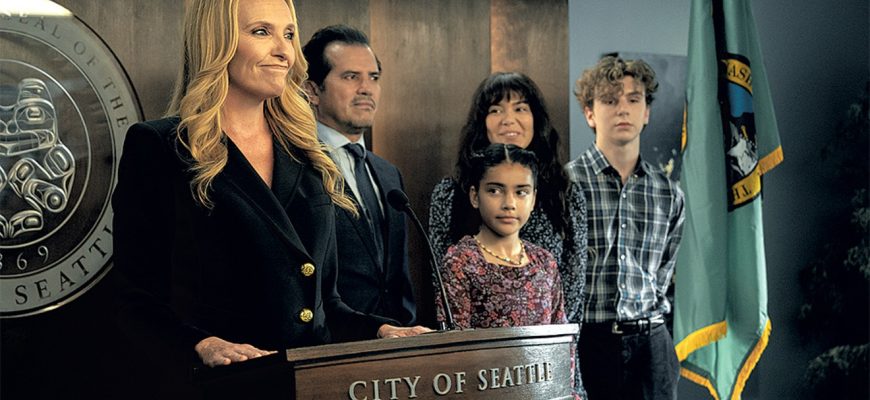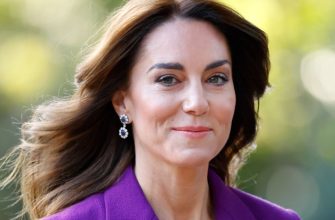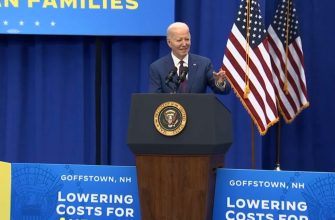When I read Naomi Alderman’s best-selling 2016 novel The Power, my first thought was, This would work better on TV, because it reads a bit like an elaborate pitch to a streaming service. Starting from a high-concept premise, a quasi-reversal of The Handmaid’s Tale, Alderman’s narrative jumps all over the globe. There’s such an array of characters that — to this reader, at least — few of their stories felt convincingly developed. A series offers the time to spool out each of those subplots more naturally.
Prime Video took the bait, and the first nine-episode season of “The Power” is now available to stream. Just don’t expect it to complete the book’s narrative; the show ends on a cliff-hanger, setting viewers up for a second season that hasn’t yet been confirmed.
The deal
All over the world, teenage girls spontaneously develop a new organ that gives them the power to generate electricity and wield it as a weapon. They transfer this power, known as electric organ discharge or EOD, to older women, and suddenly the battle of the sexes tilts in a new direction.
In Nigeria, freelance journalist Tunde Ojo (Toheeb Jimoh) goes viral with the first footage of EOD. In Seattle, Mayor Margot Cleary-Lopez (Toni Collette) becomes a champion of the freedom to use the power after policies designed to contain it affect her daughter (Auli’i Cravalho). In the Bible Belt, troubled teen Allie (Halle Bush) uses EOD to murder her abuser, then hears the voice of a female God who instructs her to make it the basis of a new religion. In the UK, Roxy (Ria Zmitrowicz) deploys the power to claim her birthright in a gangster family. In an Eastern European dictatorship, victims of human trafficking wield it to mount a coup. Some of these stories will intersect by the season’s end, as the world’s men realize they just might be in trouble.
Will you like it?
Don’t try to make scientific sense of EOD; both book and show hand-wave away the specifics. “The Power” is essentially a thought experiment: What would happen if women (cis and trans alike, plus some intersex people) were suddenly physically stronger than men? How would the world change?
I’ve seen a few reviews describing the series as a straightforward rah-rah feminist story — which is odd, because the novel’s thesis is far darker than that. Like Margaret Atwood, Alderman doesn’t have a rosy view of human nature, and she depicts power as leading naturally to abuse and subjugation, no matter who wields it. In this story, fascism has no gender.
While early scenes do show women as underdogs, triumphing over small and large forms of male oppression, the real question is what comes after this radical shifting of the global balance. Will empowered women turn men into second-class citizens, or will they uphold ideals of equality? Will women who have suffered at men’s hands resist the temptation to take revenge?
The series explores the first question through Collette’s character: As she advocates for superpowered women in the public sphere, she struggles to maintain her relationship with her husband (John Leguizamo), who feels threatened by her own power for the first time.
The character of Tatiana, the dictator’s cosseted and virtually captive trophy wife, embodies a less civil reaction: payback. Croatian actor Zrinka Cvitesic simmers with repressed rage in her stylized scenes. With the help of newly added backstory, she takes a villainous stereotype and makes her disturbingly real.
On the level of writing and visuals, “The Power” has an unevenness that keeps things interesting. Some subplots feel like earnest prime-time dramas, others like B movies, others like teen fare, others like indie lite. It’s the performances, though, that make the series really watchable, giving the characters new and welcome layers.
As Allie, the traumatized would-be messiah of this new world, Bush has a damaged, searching quality that raises questions about where religions come from. (The voice of her “God” could be a fantasy of the loving mother she never had.) I still don’t understand why the Hamlet-esque gangster saga of Roxy takes up so much of the plot, given that it feels tangential to the story’s themes. But Zmitrowicz lends the character a likable swagger, and veteran actor Eddie Marsan matches her perfectly as her dad.
One particularly unsatisfying character in the book is the only central male one: Tunde the journalist, who travels around the world serving as a reader surrogate. As his elation over what he’s seeing turns to horror, so does ours — but he lacks much personality of his own. Here, Jimoh (known for his role on “Ted Lasso”) makes Tunde radiate decency and empathy, so it’s easy to accept him as our moral compass.
“The Power” is a little more rambling than it needs to be, and it remains to be seen whether its creators, who include Alderman, can bring the darkest parts of her vision to life. But for lovers of thought-provoking dystopias, this is a worthy watch.
If you like this, try…
“The Handmaid’s Tale” (five seasons, 2017 to present; Hulu): This culturally resonant adaptation of Atwood’s 1985 novel about a fascist, evangelical-ruled America paved the way for “The Power.”
“Dead Ringers” (2023; Prime Video): Want to watch another series about dangerous women? Rachel Weisz commands the screen in this surprisingly great (but not-for-the-squeamish) show based on the same source material as the 1988 David Cronenberg film.
Disobedience (2017; Netflix, rentable): Speaking of Weisz, she also costars in this film adaptation of Alderman’s very different novel about lesbian longing in an Orthodox Jewish community.









